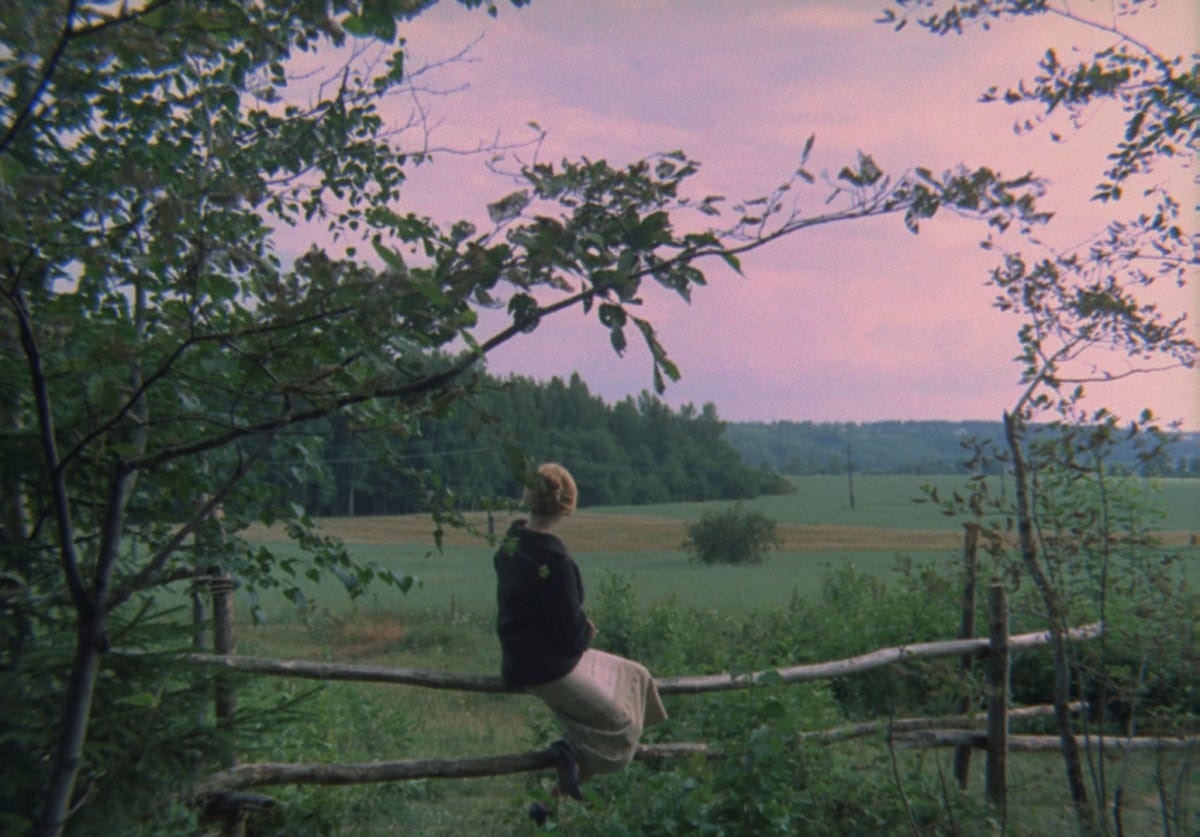
The idea that you can become anything you want is a very American thing and it has a powerful grip on people’s imagination. I used to believe in it to an extent, too. And now I don’t. What changed?
I became a mother and have been witnessing and fostering m…


